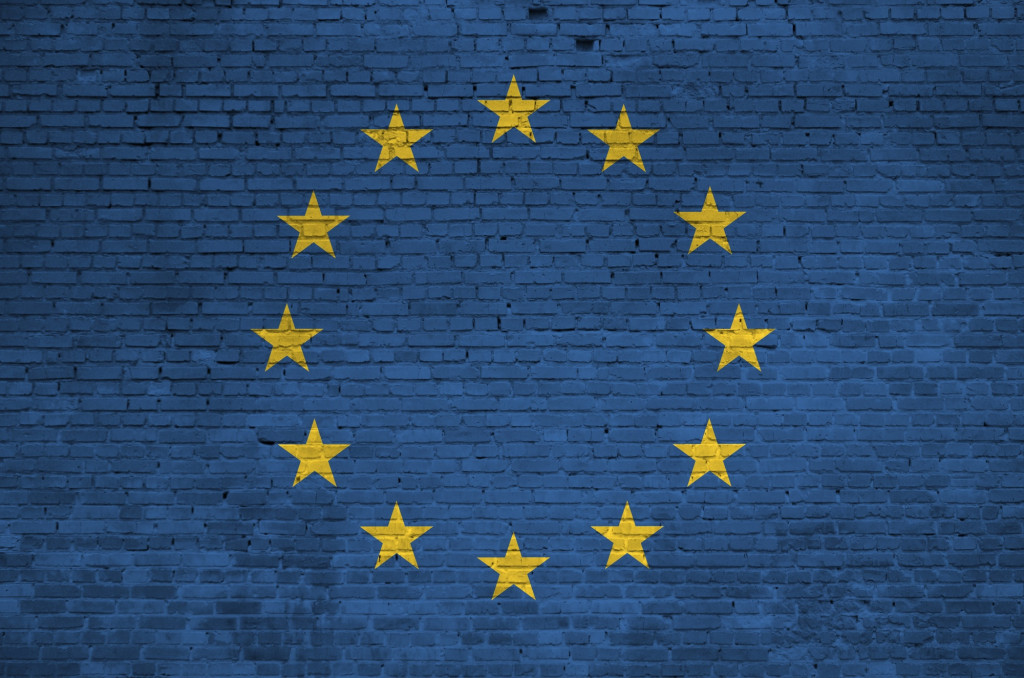The EU’s 2025 Strategic Foresight Report: Digital technologies and frontier AI in focus
The European Commission’s 2025 Strategic Foresight Report emphasises the growing importance of digital technologies as a foundation for the European Union’s resilience, competitiveness, and security. The document highlights that technologies such as quantum computing, biotechnology, robotics, and advanced materials will shape Europe’s ability to respond to long-term challenges, from the green transition to healthcare and industrial competitiveness.

The European Commission has released its 2025 Strategic Foresight Report, setting out how Europe can strengthen its resilience – the capacity to anticipate shocks, adapt, and emerge stronger. The report introduces the idea of ‘Resilience 2.0,’ a shift from reacting to crises to anticipating and shaping them. It frames resilience as central to the EU’s long-term vision for 2040, covering security, climate change, demographic pressures, and the rapid pace of technological disruption.
Digital technologies are highlighted as both enablers and sources of vulnerability. The EU’s dependence on a small number of non-European providers in areas such as cloud computing is presented as a strategic risk, alongside the broader need to secure supply chains for critical raw materials. At the same time, technologies like quantum computing, robotics, and biotechnology are recognised as essential for competitiveness, industrial transformation, and the green transition. The Commission argues that building technology sovereignty is necessary to reduce dependencies and ensure that innovation aligns with European priorities.
Artificial intelligence stands out as a turning point. The report identifies frontier AI as advancing faster than any previous technology, reshaping manufacturing, healthcare, and energy systems, while also introducing new security challenges. A few global actors dominate the sector, blurring the boundaries between public and private power. To address this, the EU sets out an agenda to ensure that AI is developed safely in Europe and in line with its values of dignity, fairness, and solidarity. Measures include strategic autonomy in foundational AI models, investment in research infrastructure, and governance initiatives such as the General-Purpose AI Code of Practice.
The report warns of risks such as misuse of AI for cyberattacks, bioweapons, or disinformation, as well as the misalignment of advanced systems. It calls for systematic testing, stronger safeguards, and precautionary governance of controversial technologies, including superintelligence, human augmentation, and solar geoengineering. Education, re-skilling, and AI literacy are also emphasised as crucial for preparing Europe’s workforce for disruption.
Policymakers are urged to embed frontier AI safety and foresight into regulation and investment, while companies are expected to adopt stricter standards, greater transparency, and closer collaboration on safeguards. By taking these steps, the EU aims to turn digital transformation and frontier AI into drivers of resilience, prosperity, and democratic trust.


